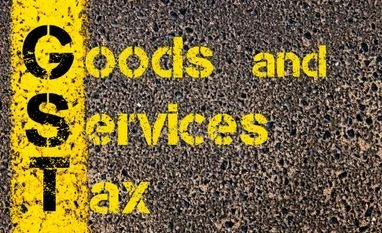Explaining the changes in the provision, experts said the proposal will increase the compliance burden on e-commerce operators as they will have to deduct 2 per cent TCS and deposit it with the government.
The measure, Nangia & Co Director Rajat Mohan said, will not increase the incidence of taxation on consumers as the supplier will get tax credit for the TCS.
More From This Section
The model GST law provides for 1 per cent TCS to be deducted by the e-commerce operators.
According to experts, this would mean that a similar amount will have to be levied on inter-state movement of goods, taking the total TCS deduction to 2 per cent although burden on consumers will not increase.
Mohan further said in case of return of goods by the consumer, the e-commerce companies will not have to deduct TCS as there is no actual sale.
The draft model GST law does not provide any definition of 'aggregators', saying that the government would later come out with a notification specifying which type of businesses would be covered under the term.
Aggregators mainly include Ola, Uber and UrbanClap which work as platforms for providing transport and other services. The TCS provision will not apply to aggregators.
E-commerce companies will also have to file returns on the TCS deductions.
The model law has defined 'electronic commerce' as supply of goods or services, including digital products, over electronic network.
'Electronic commerce operator' would mean those persons who own, operate or manage digital or electronic facility or platform for electronic commerce.
)